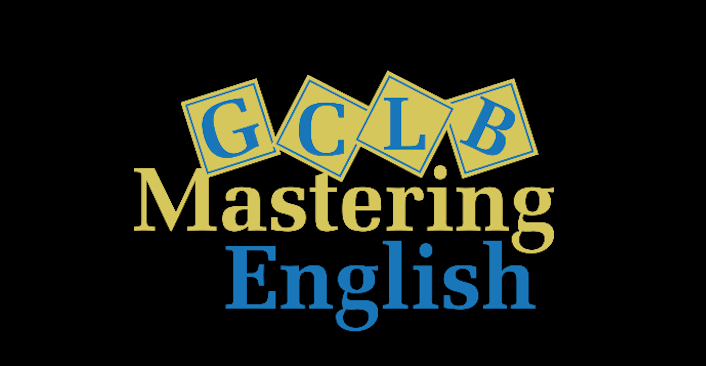Grammar – Topic 25
Linking Verbs and Auxiliary Verbs
The children are in the choir. They are good singers. They sound great.
The sentences above contain verbs.
The verbs are:
are, sound
These verbs are linking verbs.
Some other examples of linking verbs are:
‘be’ verb
is, are, am, was, were, being,
been
|
appear
|
become
|
feel
|
||||||
get
|
look
|
remain
|
seem
|
smell
|
sound
|
taste
|
|||
Linking verbs do not have objects after them. Instead, they
provide more information about the subjects or show the links between the
subject and the information after it.
Sometimes, the extra information could be in the form of noun
phrases, adjective phrases, prepositional phrases or adverb phrases.
Here are some examples:
1.
John was
at home the whole weekend.
2.
The match appeared
exciting at first.
3.
She became
wary of the people around her.
4.
The milk smells
a little sour.
5.
This homemade pie tastes just like the one at the shop.
Let’s Practise.
Circle the linking verbs in each sentence.
1.
The ship is at the harbour.
2.
Smoking is bad for your health.
3.
My grandmother seems happy in the nursing home.
4.
That antique painting remained intact after the
bomb attack.
5.
My cat is white and beige.
6.
The patient became weak and tired after the
operation.
7.
The young boy appeared uncomfortable in the room
of adults.
8.
John was in the school canteen.
Answers:
1.
is
2.
is
3.
seems
4.
remained
5.
is
6.
became
7.
appeared
8.
was
The children above have used an auxiliary verb in their
sentence. It is ‘are’.
The verbs ‘is’, ‘are’, ‘am’, ‘was’ and ‘were’ (‘be’ verb) are
used before main verbs to form the continuous tense or to form passive
sentences.
Click here to
read more about passive sentences.
Here are some examples.
My grandfather is taking a
nap.
We are playing a
new video game.
I am waiting for
the train.
The dog was waiting at
the door for my father to return home.
We were helping to
decorate the house for the party.
That dish was cooked by a celebrity
chef.
(passive sentence)
I am given a
dollar by my mother each time I help with the household chores.
(passive sentence)
The verbs ‘has’, ‘had’ or ‘have’ are also auxiliary verbs.
They are used before main verbs to form the perfect tense.
Here are some examples.
Have you driven a
lorry before?
She has written an
article for the fashion magazine.
They have baked an
apple pie.
We had sampled the
food before we bought it.
The verbs ‘do’, ‘does’ and ‘did’ can also be used as
auxiliary verbs. They are used before main verbs to ask questions, to show
negative sentences and for emphasis.
Here are some examples.
Does she know the
answer?
Did they meet
the famous football player?
Do you want
another slice of cake?
(asking questions – interrogatives)
We do not / don’t know
the way to the hotel.
They did not / didn’t
see the hole along the pavement.
She does not / doesn’t
want to go to the beach with us.
(negative sentences)
She does work hard but
no one realises it.
We do enjoy going
for buffets.
I did hear a
strange noise late last night.
(emphasis – emphatic)
Let’s Practise.
Write (L) if the verbs in bold are linking verbs and (A) if
they are auxiliary verbs.
1.
Jill has
completed the project.
( )
2.
My mother went
to the grocery store. ( )
3.
The suspect was
forced to confess to the crime. ( )
4.
The passengers were anxiously waiting for the boat to dock. ( )
5.
The player on the ground seemed badly injured. ( )
6.
The old castle has been a tourist attraction for the past decade. ( )
7.
Did
you enjoy the soundtrack from the movie? ( )
8.
We do
pack our toys after we play. ( )
Answers:
1.
A
2.
L
3.
A
4.
A
5.
L
6.
A
7.
A
8.
A





